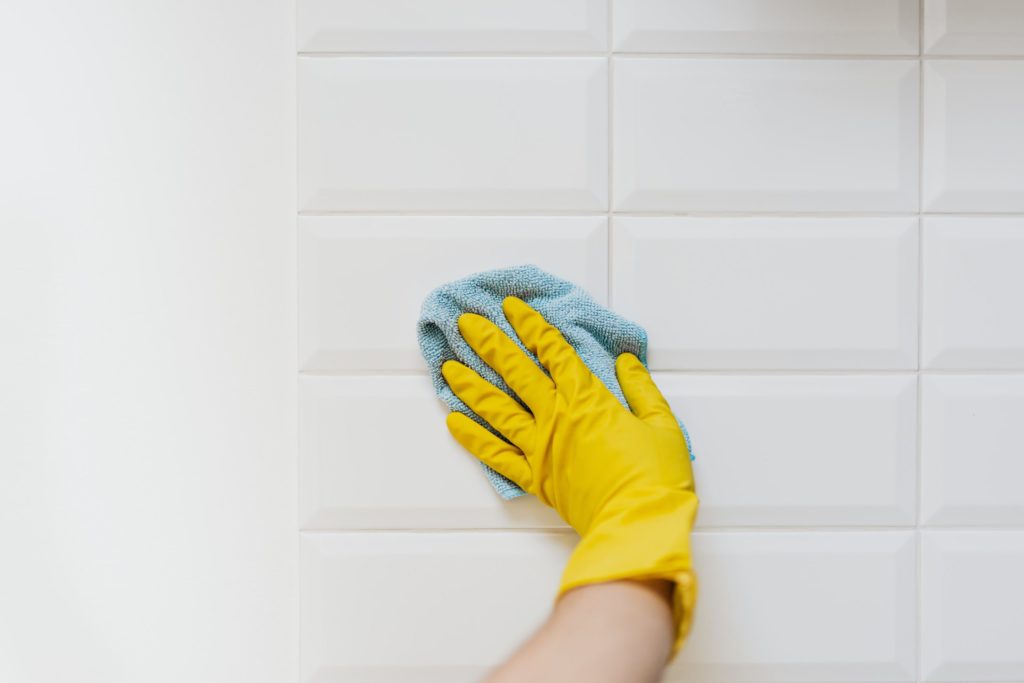Australian News / 08 December 2021
More harassment and housework for Aussie women

THE SQUIZ
Two surveys released yesterday have painted a gloomy picture for modern Australian women. The Bureau of Stats reported that half of Australian women have been sexually harassed. And according to the Melbourne Institute’s latest Household, Income and Labour Dynamics in Australia (HILDA) survey, women do vastly more unpaid work on chores and childcare than men. “Women with young children are the most time-stressed and you can see why,” said report co-author Professor Roger Wilkins.
TELL ME MORE ABOUT THE REPORT ON HARASSMENT…
It’s not easy reading. The report says that a 3rd of women copped inappropriate comments about their body/sex life, and 30% had experienced unwanted touching. Younger people and people who struggled to pay the bills were more likely to experience sexual harassment. And it’s not just women: a quarter of Aussie men have experienced sexual harassment in their lifetime. For both men and women, reports of incidents have increased since the last survey in 2012 – but that could be due to changing attitudes to coming forward, the report says. With a lot of it happening in the workplace, it’s seen calls for the recommendations from Sex Discrimination Commissioner Kate Jenkins’ 2020 Respect@Work report to be implemented in full.
AND WOMEN ARE STILL DOING MOST OF THE CHORES?
Yep, according to the study of 17,000 Australians – and keep in mind it was taken before the pandemic when researchers say women picked up even more of the domestic slack. The Melbourne Institute found that women log twice as many unpaid working hours than men – in some cases up to 60 hours a week – on things like housework and childcare. The gap in unpaid labour was particularly large for heterosexual couples with dependent children at home, with the gap rising sharply after the birth of their first child. Women also felt more time-stressed than men, with 38% saying they were often or “almost always” under the pump, compared to 29% of men. There’s been a 40% rise in women reporting psychological distress from the same study in 2007. “The stigma around mental illness has declined a lot, so we think there’s a greater tendency for people to be willing to report that they are struggling,” report co-author Dr Ferdi Botha said.
Know someone who'd be interested in this story? Click to share...
The Squiz Today
Your shortcut to being informed, we've got your news needs covered.
Also Making News
Get the Squiz Today newsletter
Quick, agenda-free news that doesn't take itself too seriously. Get on it.
